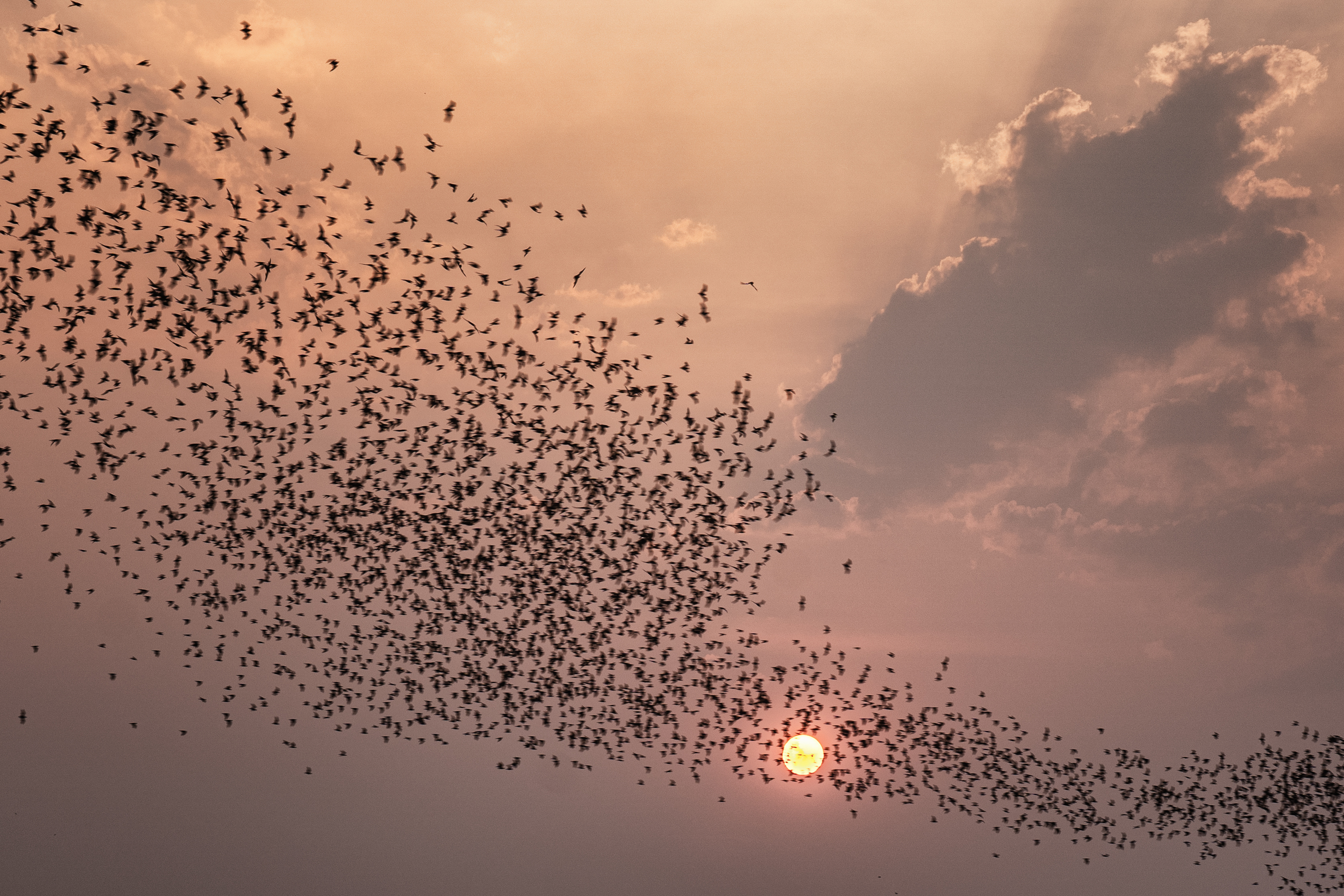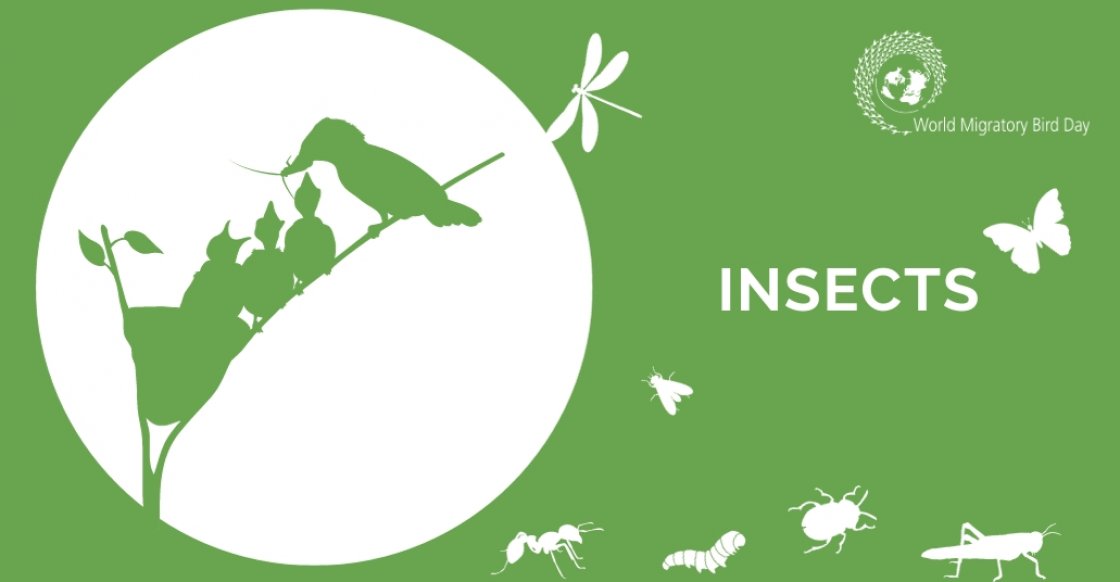Exploring Guadeloupe: BCOMING's Latest Mission in Aquatic Diversity
From Jungle to Fields, Insights into Anthropogenic Impact on Aquatic Life and Disease Transmission
Our team, consisting of Dr. Marine Combe, Dr. Claudia Bommarito and Prof. Rudy E. Gozlan from the French National Research Institute for Sustainable Development in Montpellier (France), just returned from a mission in Guadeloupe for the BCOMING project, which took place between the 22nd and the 28th of October.
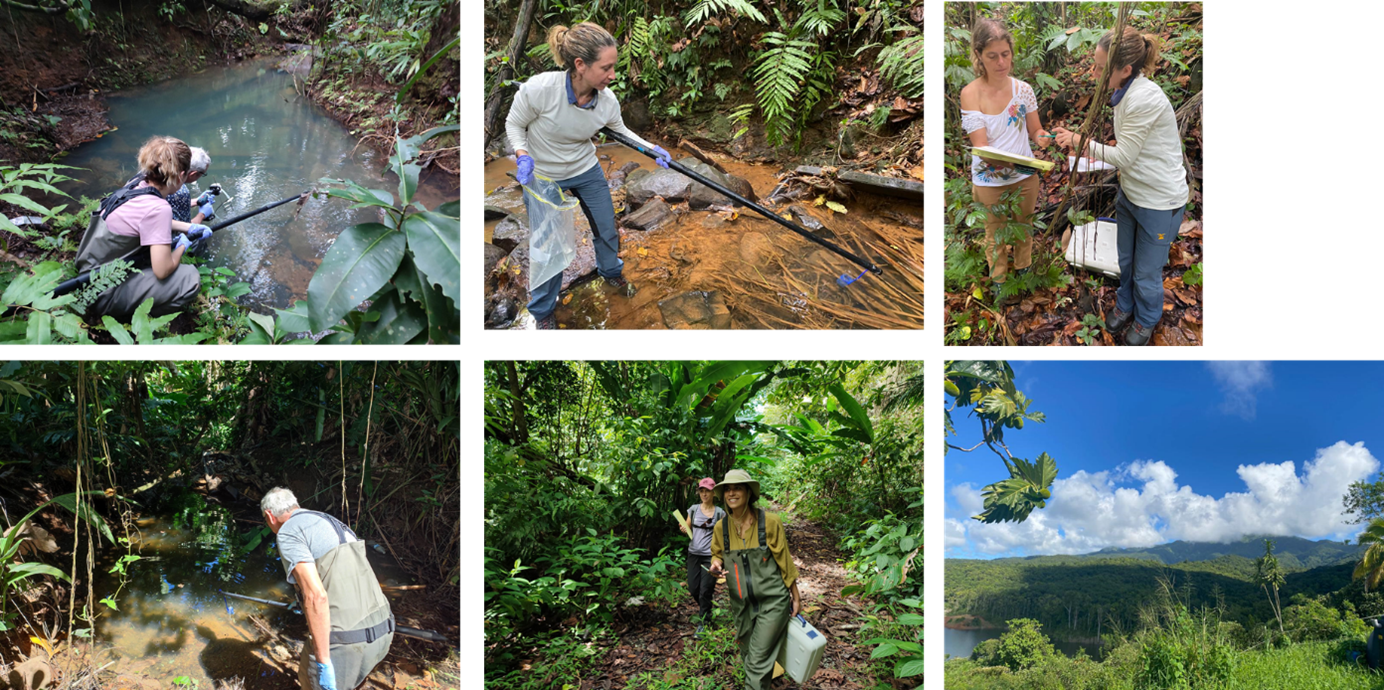
The mission was a success, thanks to the help of our technician, Miss Chloe Lefebvre, who managed the logistics for trip, as well as to the excellent welcome and help we received from our partners in Guadeloupe: our colleague Dr. Sylvie Lecollinet (CIRAD and BCOMOING partner), whose scientific support was key in the selection of the sampling sites and who also helped us on a practical level with sampling and laboratory work, and the colleagues from the Pasteur Institute, such as Dr. Séverine Ferdinand, who shared her expertise on macroparasites and helped with laboratory dissections.
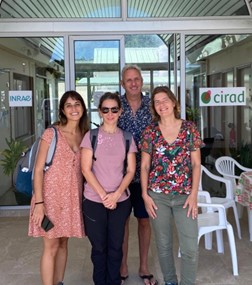
Fig. 1 The BCOMING team of the Institute of Research for Development (IRD) consisting of Dr. Marine Combe, Dr. Claudia Bommarito and Prof. Rudy E. Gozlan, together with our host, Dr. Sylvie Lecollinet (CIRAD and BCOMING partner).
Sampling was carried out at a total of ten sites, five in areas affected by anthropogenic activities such as agriculture (“degraded”), and five in areas of intact forest (“non-degraded”). The aquatic sites were mostly streams and small rivers in the west of the island and were chosen based on an earlier selection of terrestrial sites from the INSULA project, in which Sylvie Lecollinet participated. The data of the two projects will be aligned and compared.
At each site, aquatic eDNA samples were taken using kits from Spygen for trematode and snail diversity analysis, and from NatureMetrics for fish and microbiome species diversity analysis. In addition, freshwater snails were collected at each site, where available, and then dissected under a stereomicroscope in the laboratory to check for the presence of trematodes. At each site, the environmental parameters (temperature, salinity, oxygen and pH) were measured in five random points using a multi-meter probe (WTW 3630).
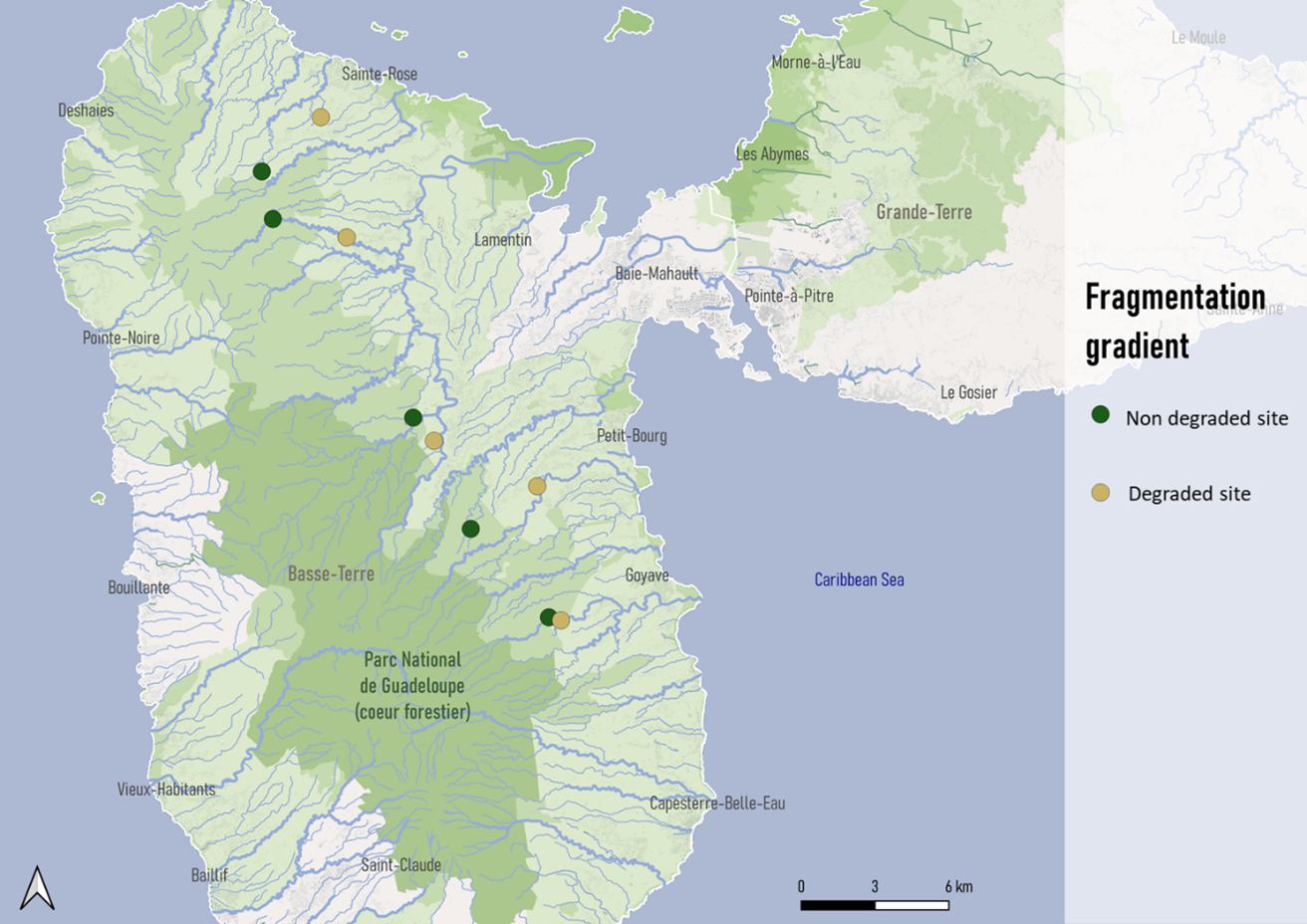
Fig. 2 Map of the sampling sites in Guadeloupe. The non-degraded sites appear in green, the degraded sites, in yellow.

Fig. 3 During sampling.
In the laboratory, the snails were dissected and the presence of trematodes recorded. In addition to the presence of trematodes, we also checked for the presence of the nematode Angyostrongylus sp., which causes meningitis in humans. However, all dissected samples tested negative for the nematode. At the end of the sampling, the eDNA samples were taken to Montpellier and shipped to Spygen and NatureMetrics, who will carry out the DNA extraction and analysis. We can't wait to see the results!
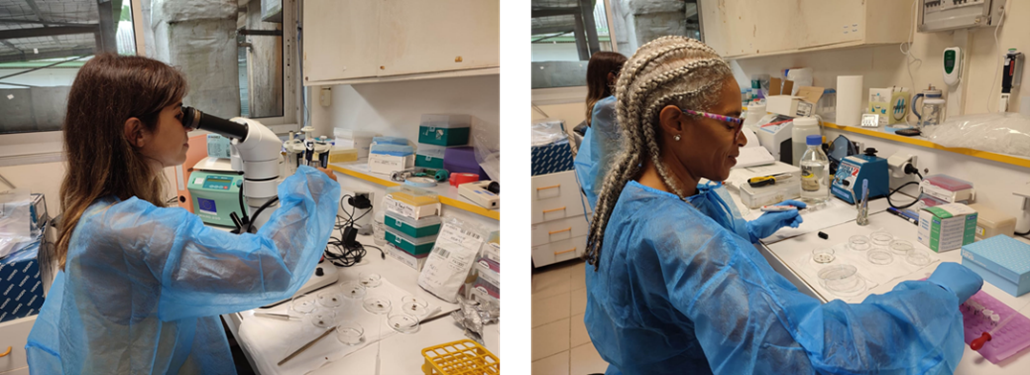
Fig. 4 In the laboratory, during the snails’ dissections to verify the presence of trematodes.
We are really pleased with this mission, which we consider as another success after the one in Cambodia. It was great to avoid the hurricane and to explore many areas of Guadalupe for sampling, from the jungle to the pineapple and banana fields, and we felt very welcomed by both our colleagues and the local people. We hope that our results will contribute to a better understanding of the effects of anthropogenic activities on the aquatic biodiversity of this beautiful island, and help to prevent the transmission of diseases to animals and humans.

